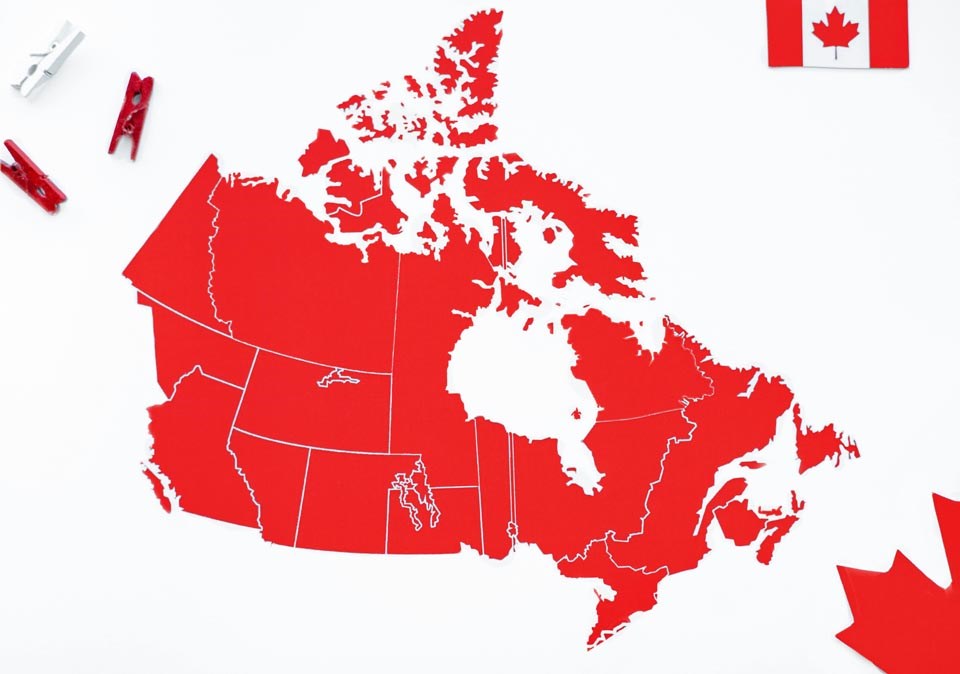Forget U.S. President Donald Trump. The biggest threat to Canada’s sovereignty comes from Ottawa.
For decades, Canada has held together through a fragile balance of regional interests. But that balance is unravelling. Federal policies, largely shaped to benefit Ontario and Quebec, favour government intervention and progressive priorities.
Meanwhile, Western Canada—particularly Alberta and Saskatchewan—feels increasingly sidelined as Ottawa prioritizes climate policies over economic concerns.
The Trudeau government’s phaseout of fossil fuels, pipeline restrictions and carbon taxes have only deepened Western alienation. Many in the West see these measures as favouring environmental goals at the expense of industries that sustain their economies.
Now, with Mark Carney as prime minister, the question is not whether these tensions will ease but whether his leadership will further widen the gap between East and West.
A former governor of the Bank of Canada and the Bank of England, Carney is a strong proponent of climate-focused economic policies. His track record suggests he is unlikely to move away from the Trudeau government’s approach. If anything, he may accelerate the transition away from fossil fuels. For Alberta and Saskatchewan, that could mean continued economic uncertainty, job losses and growing concerns that federal policies are out of step with regional needs.
Calls for an independent Alberta pension plan, provincial policing and greater autonomy will likely intensify under Carney’s leadership. These proposals, once considered fringe ideas, are gaining mainstream traction as a reflection of Western frustration with federal decision-making.
Western Canada’s economy is already more integrated with the United States than with Eastern Canada. Alberta and Saskatchewan export more to the U.S. than to the rest of the country. Even British Columbia, despite its left-leaning urban centres, has deep economic ties to the U.S. Pacific Northwest. If Ottawa’s policies continue to conflict with Western economic interests, provinces may naturally gravitate toward stronger trade, infrastructure and regulatory ties with American states.
A Liberal victory under Carney could reinforce Western alienation. If he prioritizes federal climate policies over regional economic concerns, Alberta and Saskatchewan may push harder for greater autonomy. Frustration with federal equalization payments, regulatory restrictions and Ottawa’s policy direction could lead to renewed discussions about provincial sovereignty—not as a radical idea, but as a practical response to economic realities.
A Conservative victory, however, could bring a different challenge: renewed momentum for Quebec’s sovereignty movement. A government that rolls back climate policies and expands energy development may be seen as shifting national priorities westward at the expense of Quebec’s political and environmental concerns. The Bloc Québécois has already gained traction, and under a Conservative government, calls for independence could gain new energy.
Canada’s sovereignty will not be lost through foreign intervention or annexation. It risks eroding from within as regional divisions pull provinces in different directions both politically and economically.
Western Canada is moving toward a decision point. The more Ottawa marginalizes the West, the more likely provinces will seek deeper economic and regulatory ties with U.S. states. This is not a hypothetical scenario—it is already happening. Washington does not need to push for greater influence over Canada; internal divisions are already leading provinces to look south for economic stability.
This election is about more than choosing a government. It will determine whether Canada remains a united federation or continues down a path of deepening regional divides. If Ottawa fails to address these tensions, Canada may remain one country in name but, in practice, it could become a nation increasingly defined by competing regional identities.
Dr. Perry Kinkaide is a visionary leader and change agent. Since retiring in 2001, he has served as an advisor and director for various organizations and founded the Alberta Council of Technologies Society in 2005. Previously, he held leadership roles at KPMG Consulting and the Alberta Government. He holds a BA from Colgate University and an MSc and PhD in Brain Research from the University of Alberta.
The commentaries offered on SaskToday.ca are intended to provide thought-provoking material for our readers. The opinions expressed are those of the authors. Contributors' articles or letters do not necessarily reflect the opinion of any SaskToday.ca staff.




